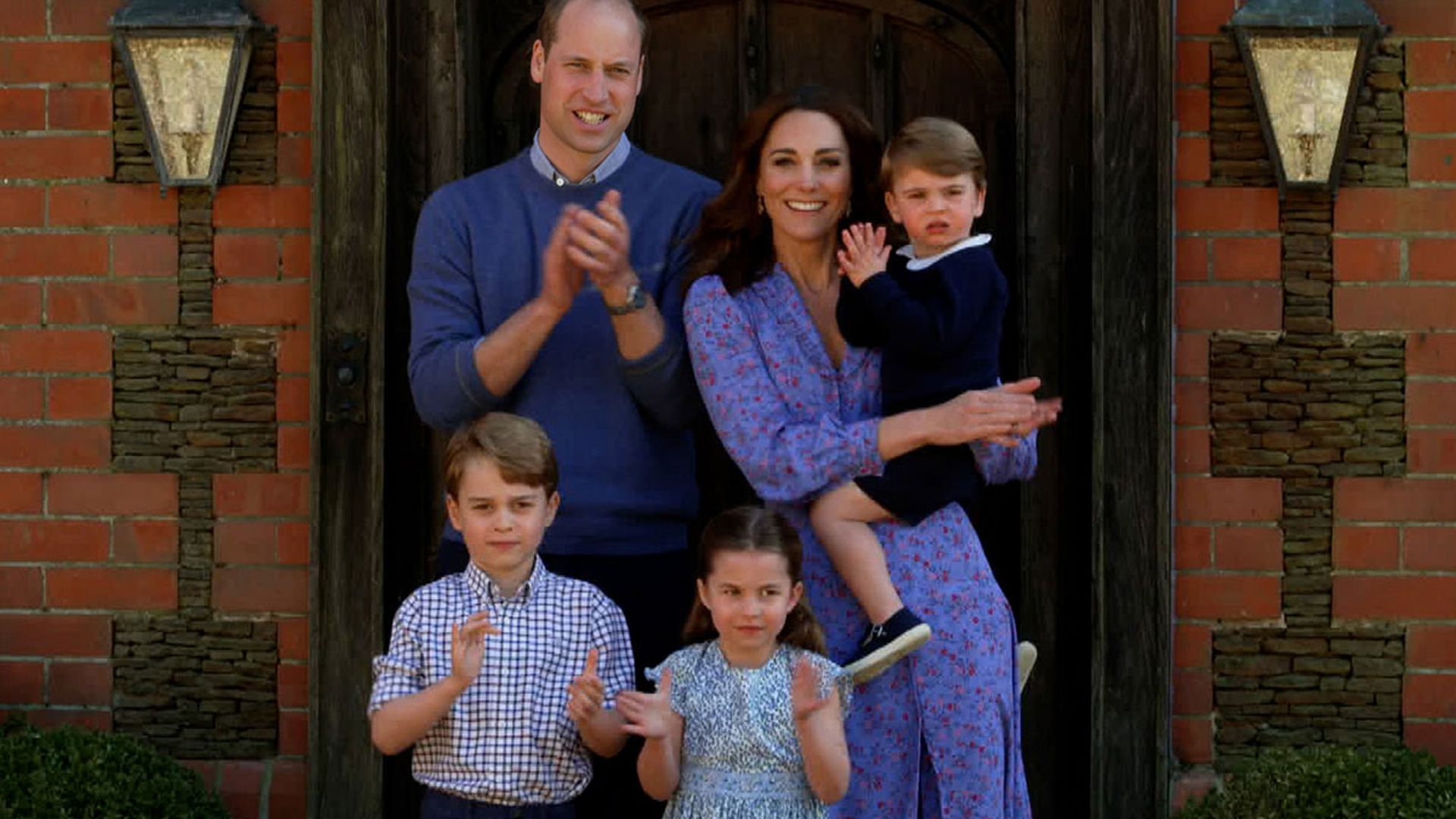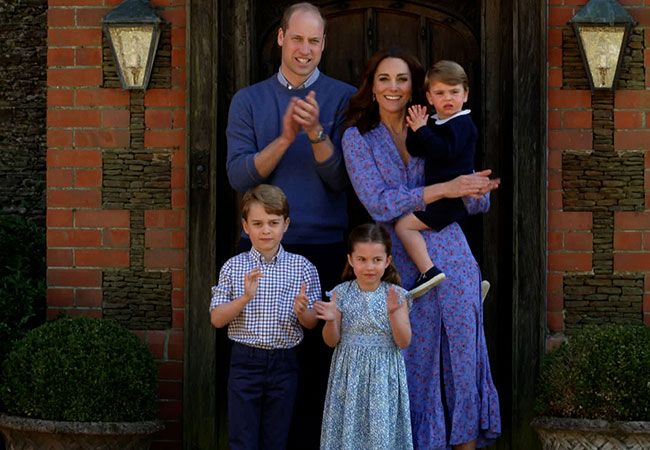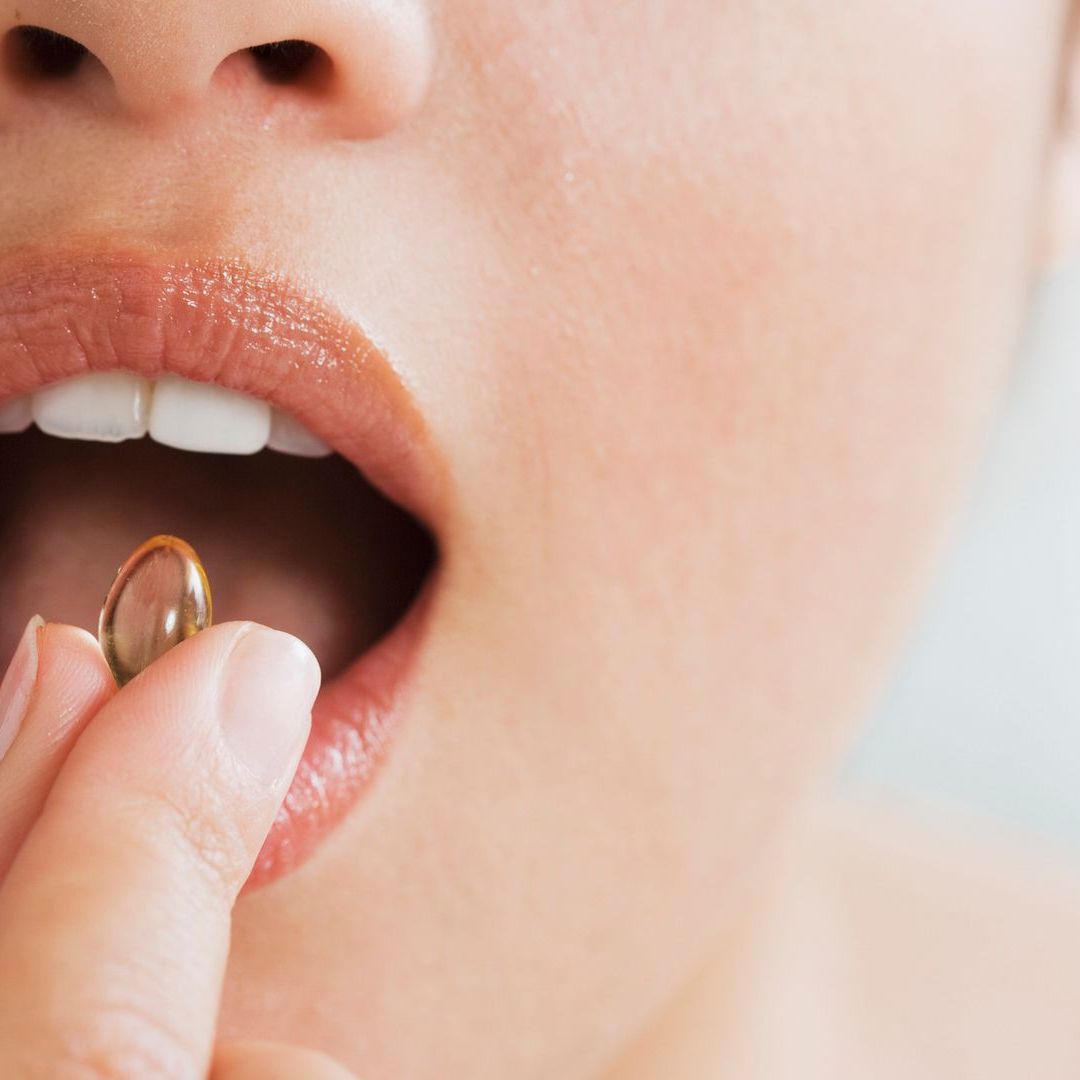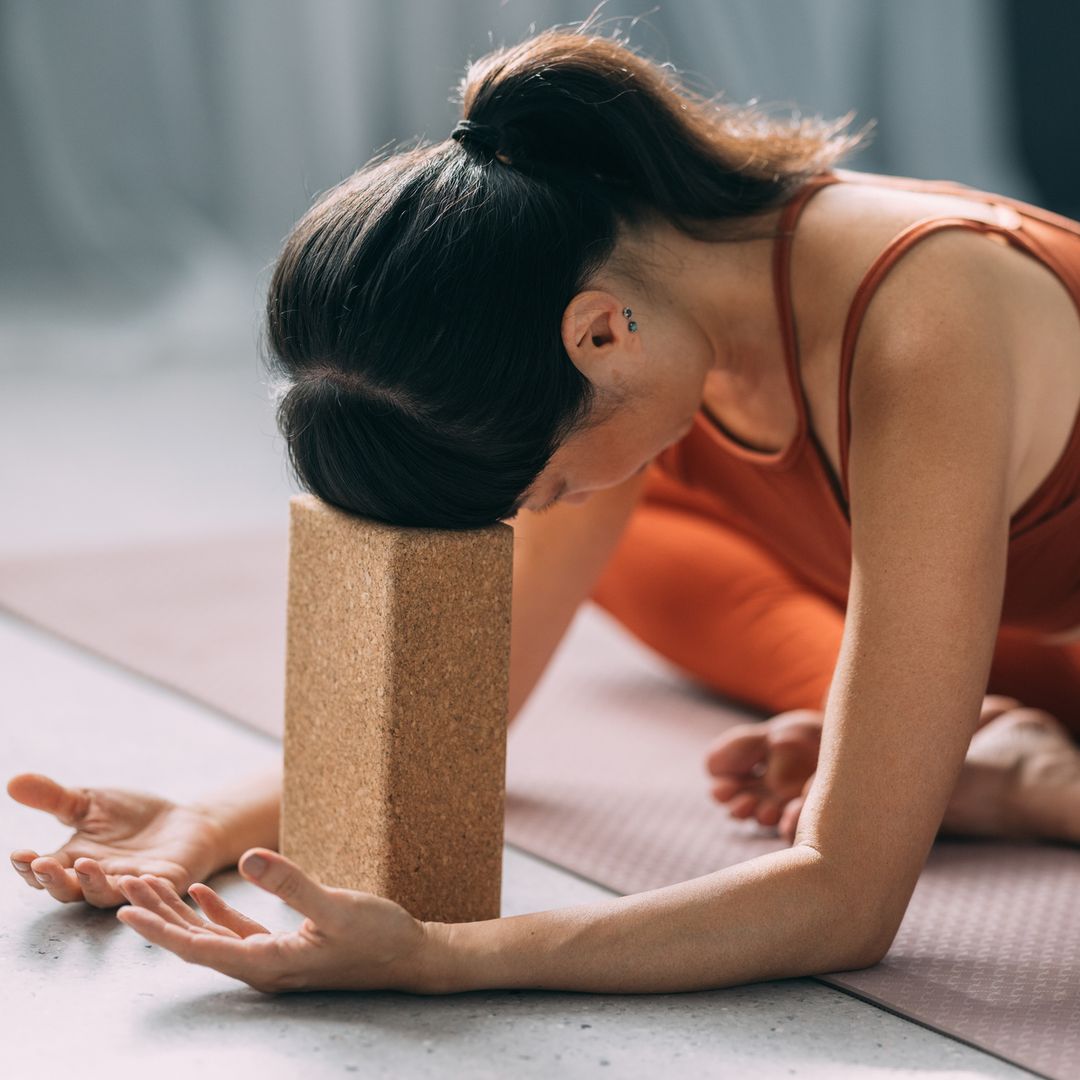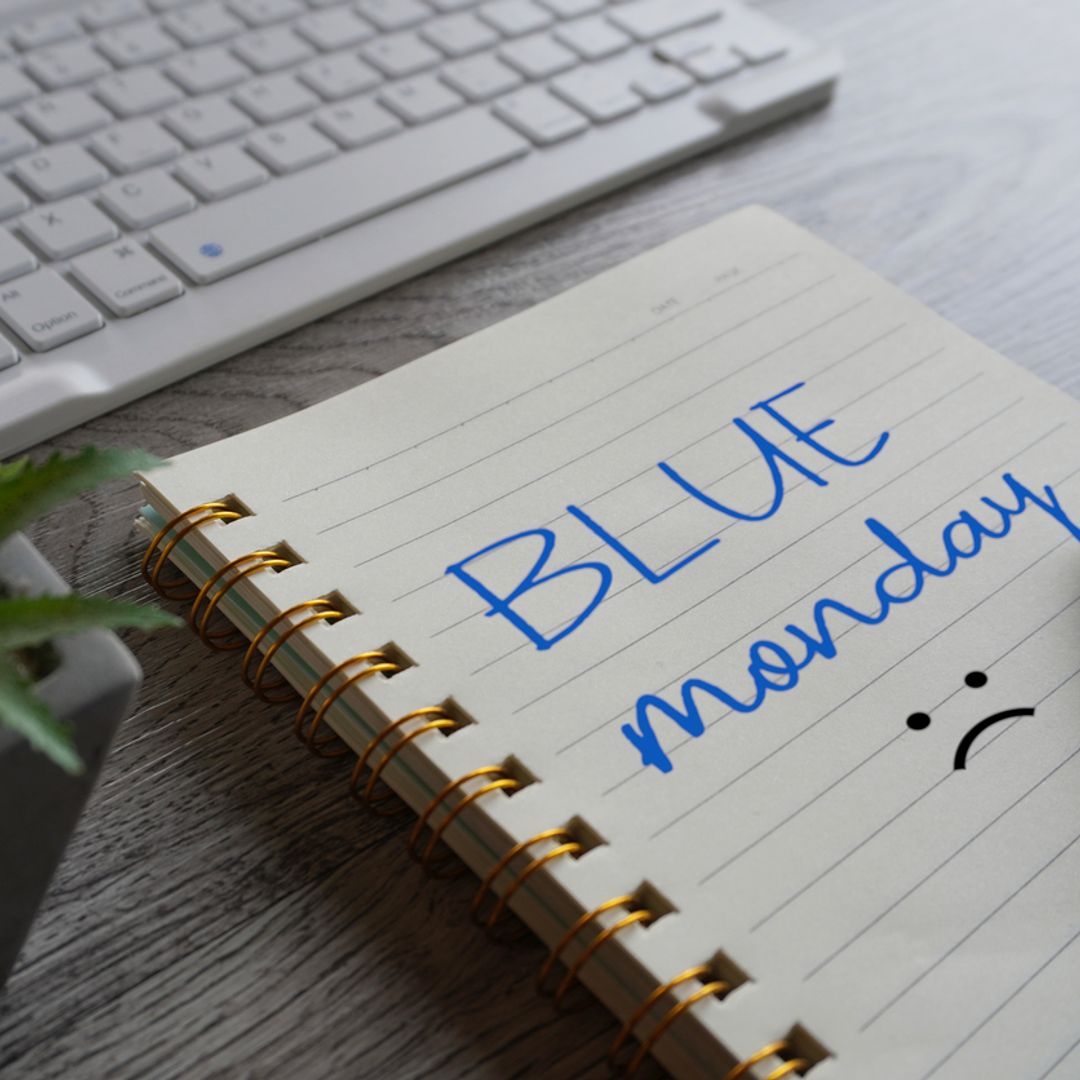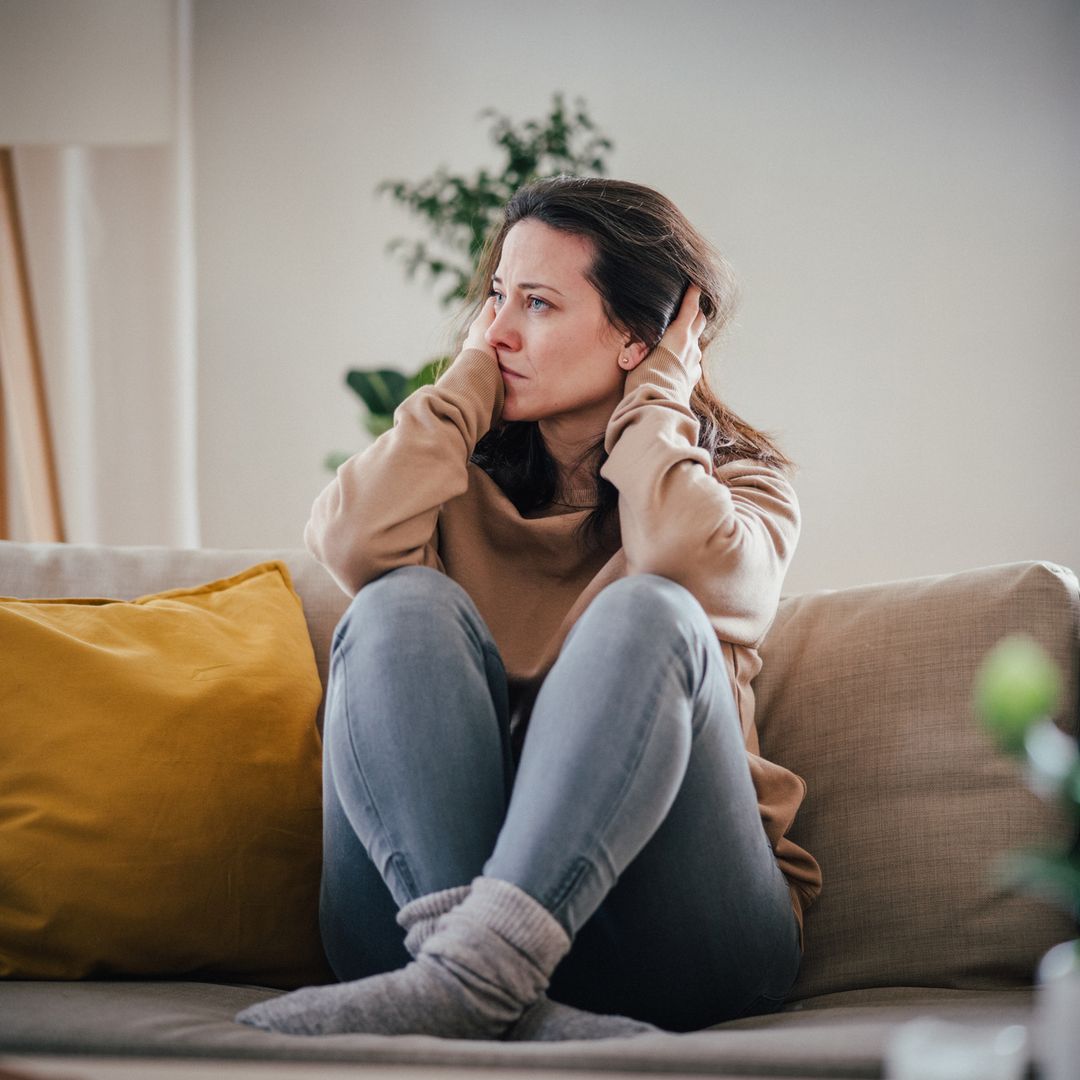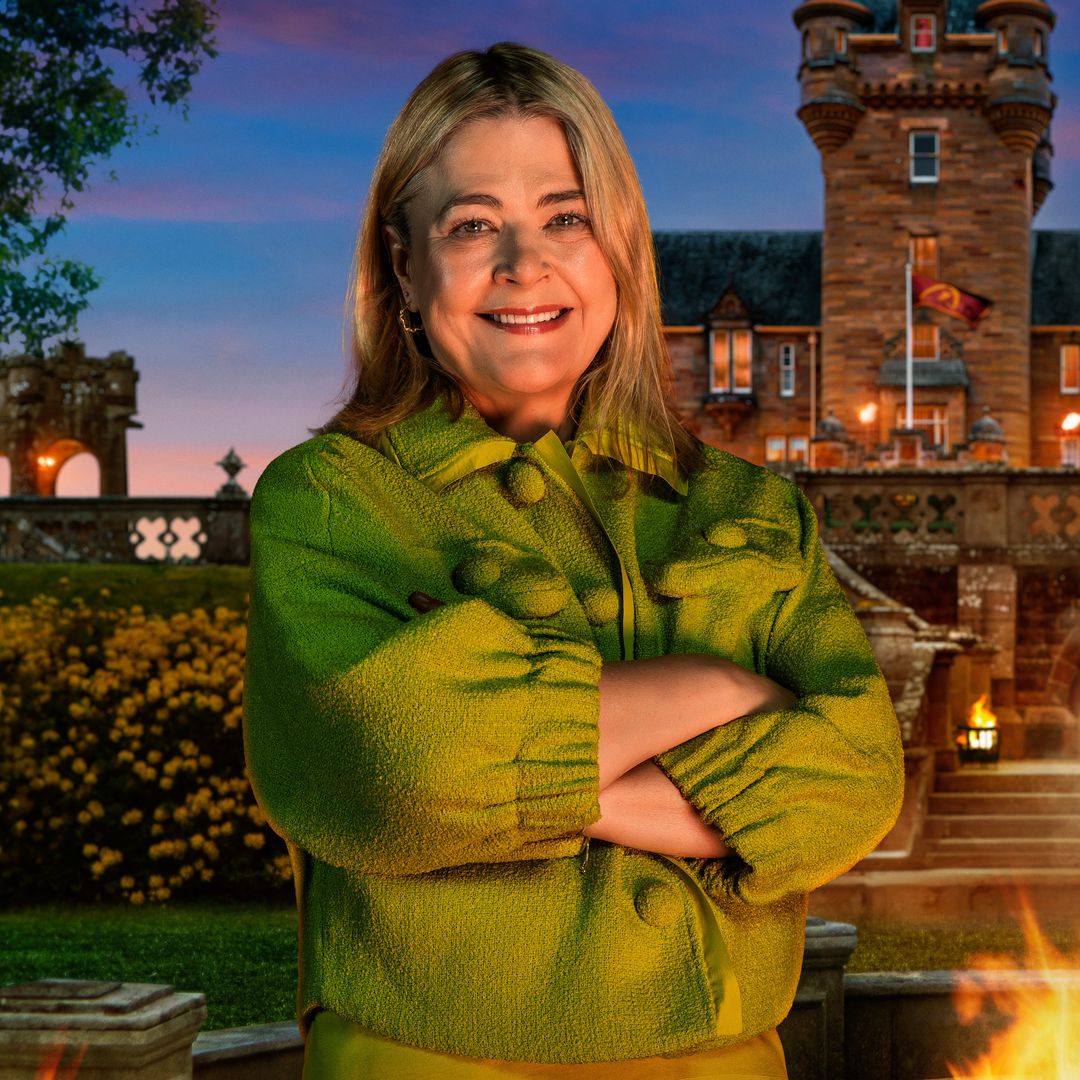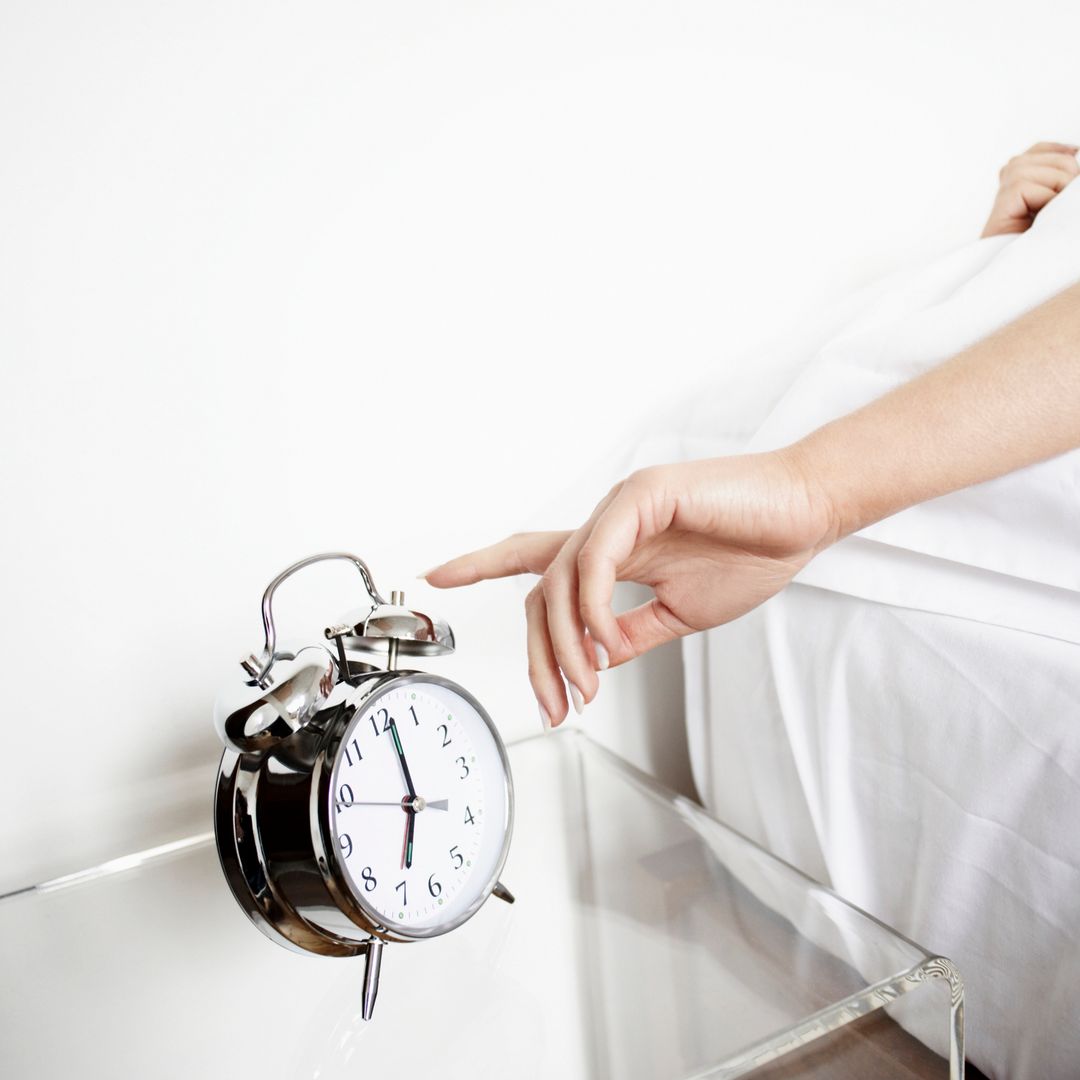Kate Middleton and Prince William have long been champions of mental health, and in a previous Instagram post, the Duchess of Cambridge shared that she and the Duke of Cambridge would encourage their children Prince George and Princess Charlotte to seek help from a professional should they need it.
"William and I feel very strongly that we wouldn’t hesitate to get expert support for George and Charlotte if they need it," she wrote in a statement on Kensington Palace's Instagram account.
WATCH: Prince Wiliam and Kate Middleton record the mental health minute
She added: "One in three adults still say they would be embarrassed to seek help for their child’s mental health. No parent would fail to call the doctor if their child developed a fever, yet some children are tackling tough times without the support that can help them because the adults in their life are scared to ask. It doesn’t need to be like this.
"The mental health of our children must be seen as every bit as important as their physical health. For too long we have been embarrassed to admit when our children need emotional or psychiatric help, worried that the stigma associated with these problems would be detrimental to their futures."
RELATED: Sarah Ferguson shares 'important' mental health message with fans
She's not wrong. According to the Children's Society, 75% of young people with mental health problems aren't getting the help they need.
Here, two HELLO! readers who bravely saw a therapist as a child (with the help of their parents) open up about their experiences. They believe it has been game-changing for their future selves, while a third reader says not going to therapy as a child is her biggest regret.
SEE: Prince Harry reveals argument with Meghan Markle led him to seek therapy
Sophie Dreyer, 34, saw a therapist from age 12 to 15, after she began showing symptoms of depression.
"I'd lock myself in my room and stay there for days – only coming out to use the toilet. My mum would drop food at my door, but she'd always try and force me out first. She dragged me, literally kicking and screaming, to my first therapy session, but to offload my brain was immediately a huge release. My therapist wouldn't say much, but I found I'd talk and talk, and it would be a weight off my shoulders. Now, I'm certain I'd still be struggling if I hadn't dealt with it at the time, as I'm a different person now and would view my battle differently. I don't think I'd think it was as serious as my situation was, because I was a 'typical teenager', but at the time, it felt like the be all and end all."
Prince William and Kate Middleton are parents to Prince George, Princess Charlotte and Prince Louis
Sandra Simmonds, 39, saw a therapist from age 9 to 13, after she began showing symptoms of general anxiety disorder (GAD).
"I was afraid of everything, and I'd have panic attacks almost weekly. They were draining, and I knew something was wrong, but I wasn't even aware that anxiety was a clinical diagnosis. My parents took me to the GP who referred me to a psychotherapist where I discovered that I had an actual illness. It was a relief to know that I wasn't just crazy. I think it helped majorly that I saw a therapist so early on, as I was still developing into an adult, and so I think it could have been easier to treat my symptoms, before life got harder. I'm sure my panic attacks would have been a lot worse if I'd had them during adult life, but I was armed with the coping mechanisms I needed before I even became a teenager, and I've had longer to practice them."
READ: Oprah Winfrey and Prince Harry launch mental health series
Carol Taylor, 44, has been battling with anxiety and depression since the age of 13, but only began seeing a therapist when she was 35.
"I never saw a therapist because my parents weren't aware it was even an option at my age, so I battled with anxiety and depression in my own way – by retreating. I only sought help when I was 35, and while it took a good two or three years to feel more confident, I couldn’t live without it now. I think I would have felt different sooner if I'd seen a therapist when I was a child – when the issues began. It's like a disease – the sooner you catch it, the easier it is to soothe symptoms. I also find it difficult to recall exactly how I felt at the time it began, so it was harder for my therapist to help me understand what the issues were. All that said, I know now that sharing my problems is the key, and I have my therapist on standby. I see them approximately once a month now, while I initially had two sessions per week."
If you have been affected by this article, or are battling with mental health yourself, you can find out more, and seek professional help via Mind, or the NHS.
Make sure you never miss a ROYAL story! Sign up to our newsletter to get all of our celebrity, royal and lifestyle news delivered directly to your inbox.
